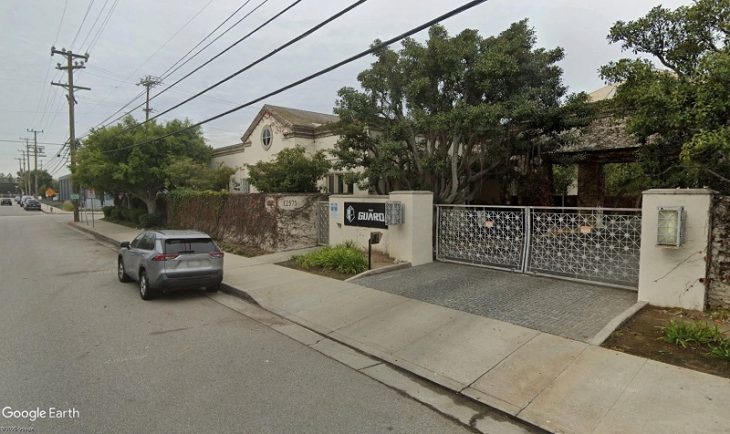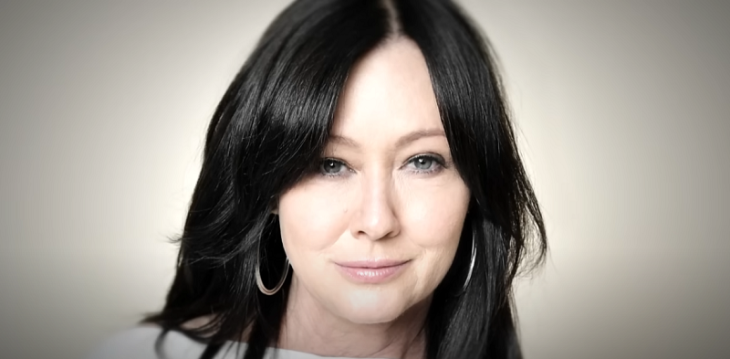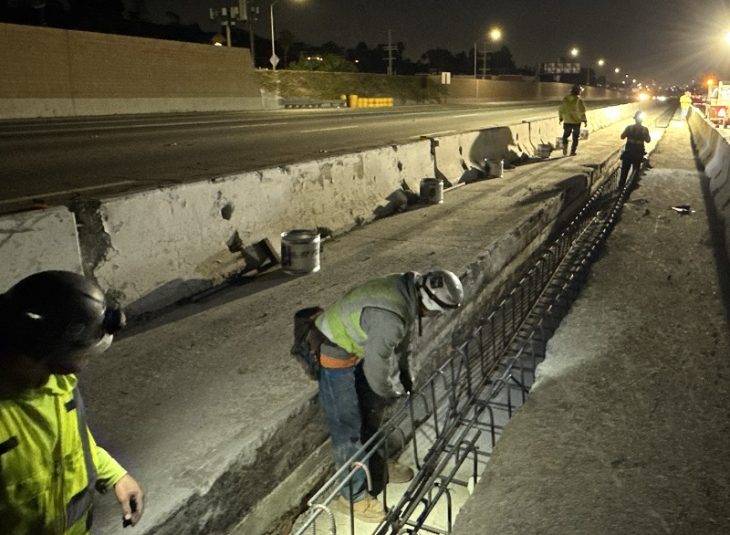
Treating older men with early-stage prostate cancer who also have other serious underlying health problems with aggressive therapies such as surgery or radiation therapy does not help them live longer and can be detrimental, according to a study by UCLA researchers released
on May 12.
The study followed the cases of more than 140,500 men ages 66 and older diagnosed with early-stage prostate cancer between 1991 and 2007 from the Surveillance, Epidemiology and End Results Medicare database.
Men who also suffered from multiple major medical conditions such as a history of heart attack, chronic obstructive pulmonary disease and diabetes in combination did not live any longer after receiving aggressive therapy compared with men receiving no treatment.
Additionally, these men were at risk for side effects such as impotence, urinary incontinence and bowel problems that can result from surgery and radiation treatments.
The research team used the Charlson index when looking at the men and their health problems. The index can be used to predict the 10-year mortality for a patient who may have a range of other health problems, called comorbid conditions. A prostate cancer patient with diabetes may score a 1 on the index, while a man with multiple or more severe health problems might
score a 3 or higher.
The retrospective study, which followed the men for 15 years after diagnosis, found that prostate cancer patients with Charlson scores of 0, 1 or 2 who were treated with surgery or radiation therapy had a lower risk of dying of prostate cancer compared with men receiving no treatment.
However, men with scores of 3 or higher did not have a reduction in risk of death from cancer with aggressive treatment because they did not live long enough to benefit from it and were more likely to die from something else, said study first author Timothy Daskivich.
“In the past, we’ve relied on the basic argument that older and sicker men are much more likely to die of other things besides their prostate cancer that exposing them to aggressive treatment and its debilitating side effects is a poor gamble,” Daskivich said. “Now we’ve shown that aggressive treatment of these men is ineffective. This information will help these men better maximize the quality of their remaining years.”
The study appears in the online edition of the peer-reviewed journal Cancer published today.
Prostate cancer is the most frequently diagnosed cancer in men aside from skin cancer. An estimated 233,000 new cases of prostate cancer will occur in the United States in 2014. Of those, nearly 30,000 men will die.

























